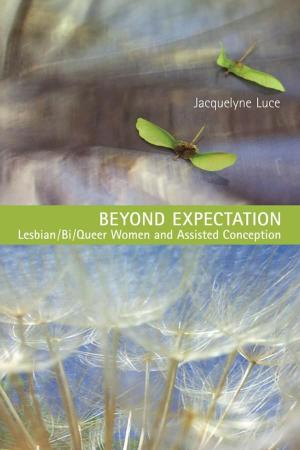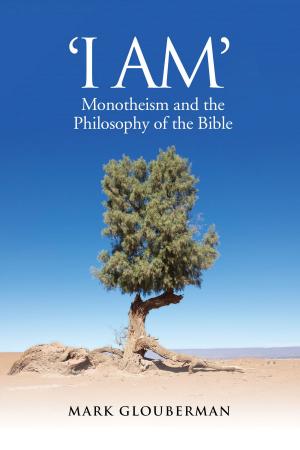Domination
Nonfiction, Religion & Spirituality, Philosophy, Political, Social & Cultural Studies, Political Science, Politics, History & Theory| Author: | ISBN: | 9781442655706 | |
| Publisher: | University of Toronto Press, Scholarly Publishing Division | Publication: | December 15, 1975 |
| Imprint: | Language: | English |
| Author: | |
| ISBN: | 9781442655706 |
| Publisher: | University of Toronto Press, Scholarly Publishing Division |
| Publication: | December 15, 1975 |
| Imprint: | |
| Language: | English |
One is usually conscious of tyranny and oppression; domination is more subtle. It is an abandonment of our freedom, our will, and our love of justice, and yet socially, psychologically, and ontologically domination in some degree seems inevitable. There is now in the western world an uneasy sense that more domination is going on than necessary, and this work tries to outline the theoretic modalities of this human predicament. The twelve essays in Domination examine such questions as: Does the ego of the infant require for its development some experiences of dominance? Is it men or the system that causes the domination of women? How has capitalism with its property laws entailed limits on national and personal freedom? What do existentialism and critical theory have to tell us about violence and reason, or about magic and science, as modes of life that constrain everyone? What is racialism? And, if the world is beyond the powers of reason, what does modern man now make his public and private raison d’être? Those who are looking for amelioration of the quality and quantity of human freedom will find this book helpful in defining and cracking the chains. The contributors, in order of their appearance of their essays, are O. Weininger, Elizabeth Brady, R.T. Naylor, R.O. Matthews, C.B. Macpherson, Monika Langer, Keith McCallum, Ato Sekyi-Out, Christian Lenhardt, Ben Agger, David Cook, and Alkis Kontos.
One is usually conscious of tyranny and oppression; domination is more subtle. It is an abandonment of our freedom, our will, and our love of justice, and yet socially, psychologically, and ontologically domination in some degree seems inevitable. There is now in the western world an uneasy sense that more domination is going on than necessary, and this work tries to outline the theoretic modalities of this human predicament. The twelve essays in Domination examine such questions as: Does the ego of the infant require for its development some experiences of dominance? Is it men or the system that causes the domination of women? How has capitalism with its property laws entailed limits on national and personal freedom? What do existentialism and critical theory have to tell us about violence and reason, or about magic and science, as modes of life that constrain everyone? What is racialism? And, if the world is beyond the powers of reason, what does modern man now make his public and private raison d’être? Those who are looking for amelioration of the quality and quantity of human freedom will find this book helpful in defining and cracking the chains. The contributors, in order of their appearance of their essays, are O. Weininger, Elizabeth Brady, R.T. Naylor, R.O. Matthews, C.B. Macpherson, Monika Langer, Keith McCallum, Ato Sekyi-Out, Christian Lenhardt, Ben Agger, David Cook, and Alkis Kontos.















